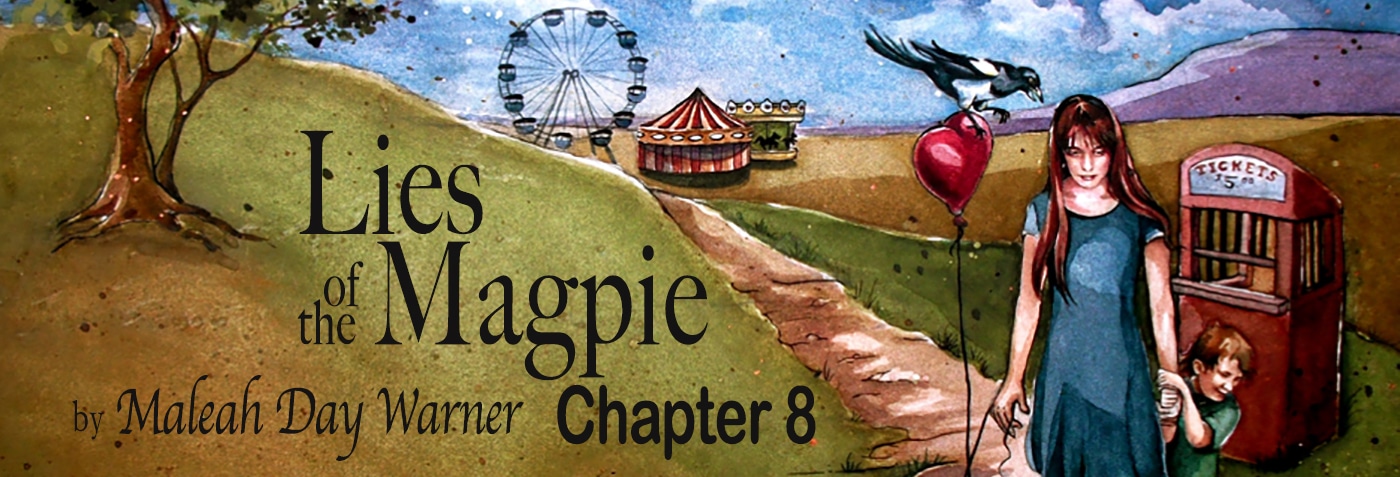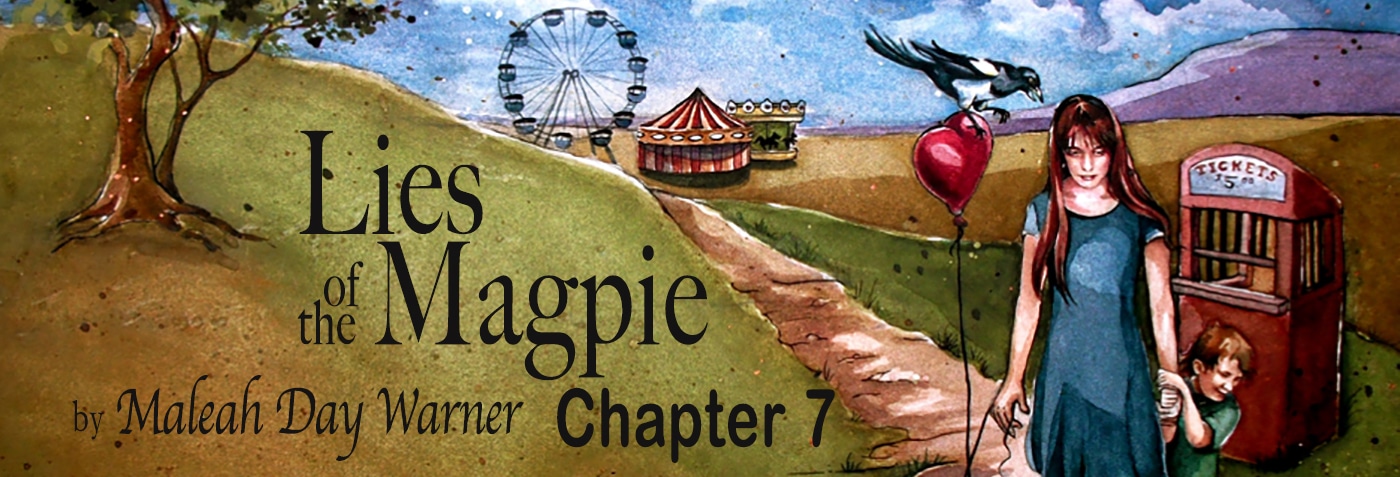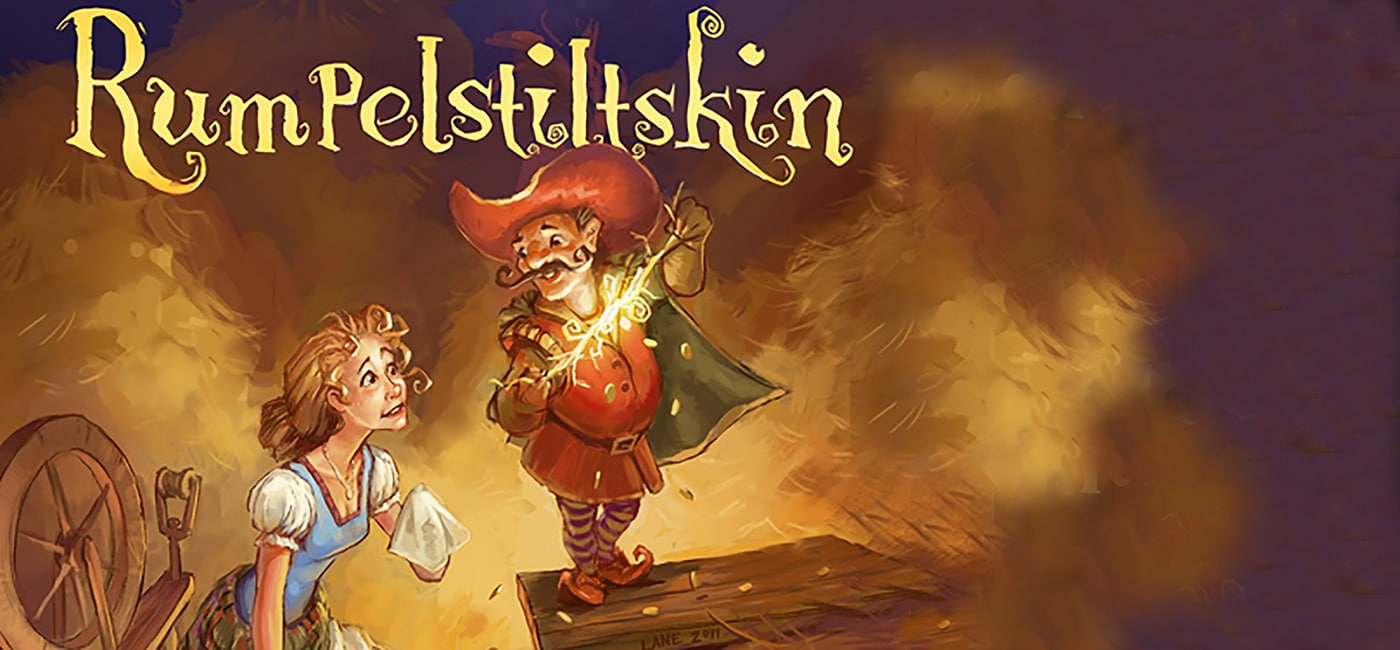Podcast: Play in new window | Download
Subscribe: Apple Podcasts | Google Podcasts | Spotify | Email | RSS | More
Ep. 30 Invisible
Last night when I packed my suitcase, I opened my linen closet to find my bag of travel size items which I keep in a plastic storage bin on the bottom shelf. A wave of shame made me tremble and I retrieved the bag, closed the lid and stuffed the container back in the closet as fast as possible. I rarely think about the closet incident, but every now and then something will trigger the memory and I’m washed with humiliation. Was that really me? Did I really lock my children in their bedrooms and hide in the bottom of a closet?
Aaron and I have grown closer over the past four years, but he doesn’t know about the closet. I don’t want to freak him out. Nor have I ever told him about driving away from home in the middle of the night planning to change my identity and start a new life in Vegas.
When Kate was about 18 months old, I heard Marie Osmond give an interview talking about her experience with postpartum depression. “One night I got in the car and started to drive,” she said. “I didn’t know where I was going or what I was going to do. All I knew was that I was unfit to be a mother and that everyone—my kids, my husband, even the Osmond family would be better off without me.”
I took in every word. I’d always felt a tiny connection to Marie Osmond. We’re both Mormon and we both have a lot of brothers. And at about the same time, we both got in our cars and drove away from our babies. She traveling north on the Pacific Coast Highway. Me traveling northwest towards towards Las Vegas.
That was the first time I’d ever heard the term “postpartum depression.”
At the end of the interview the audience applauded. She was hailed as courageous for sharing her story, for talking about a taboo subject. She’d had postpartum depression and audiences applauded her for it.
I don’t know if I had postpartum depression.
But I do know, that no one applauded.
Nobody even knew.
I was no Marie Osmond. All the attention, the demands of notoriety were a burden for her. My burden was that nobody noticed me.
Nothing I did was admirable or worthy of attention.
I was invisible.
(continued on podcast)
Click HERE to listen to the rest of Chapter 8
Click HERE to listen to Chapter 7
Click HERE for all Chapters to date.




